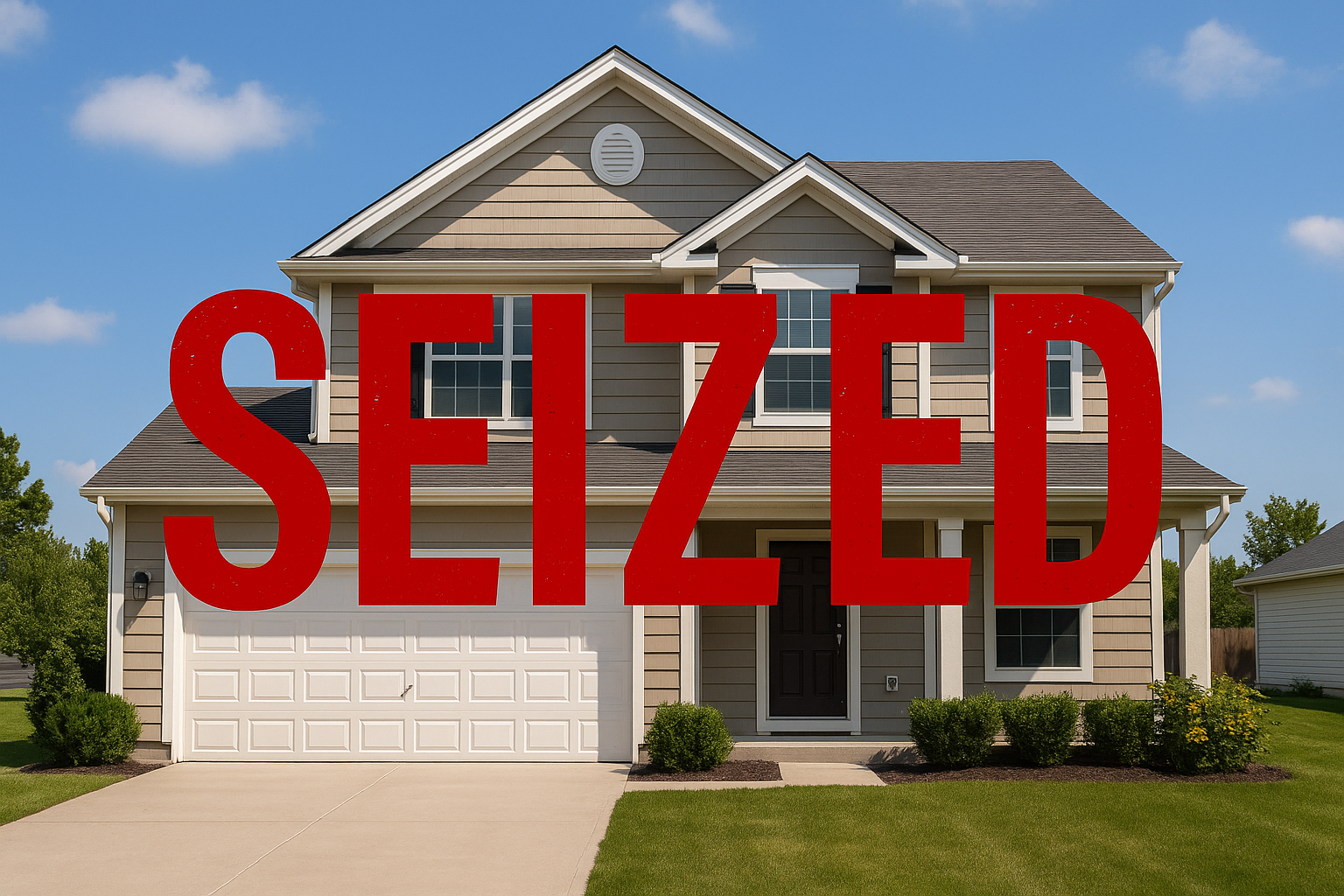What Is an IRS Property Seizure?
Can the IRS Really Take Your Home?
If you’re behind on your taxes, it’s natural to worry about the worst-case scenario: Can the IRS actually take your home? The short answer is yes—but it’s far more complicated than many people realize.
While property seizures do happen, they’re typically a last resort after numerous warnings and attempts to resolve the debt. In this article, we’ll break down how IRS seizures work, what steps lead up to them, and how a tax resolution professional like Cheshier Tax Resolution can help protect your home and financial future.
What Is an IRS Property Seizure?
An IRS property seizure is a legal action in which the IRS takes physical assets—such as homes, vehicles, or business equipment—to satisfy a tax debt. It’s one of the most aggressive tools in the IRS’s enforcement arsenal and is typically reserved for cases where the taxpayer has ignored multiple notices and refused to work out a payment plan.
Before the IRS can seize your home, several things must happen:
- Assessment of Tax Liability – The IRS assesses your tax debt and sends a bill explaining what you owe.
- Demand for Payment – You receive a Notice and Demand for Payment.
- Final Notice of Intent to Levy – If the debt isn’t paid, the IRS sends a Final Notice of Intent to Levy and Notice of Your Right to a Hearing, usually via certified mail.
- 30-Day Waiting Period – You have 30 days to respond, set up a payment plan, or file an appeal.
Only after this process—and only if you still fail to respond—can the IRS move forward with a seizure.
Is Your Home Really at Risk?
Yes, but home seizures are rare. The IRS generally avoids seizing primary residences unless:
- The tax debt is substantial.
- You’ve ignored repeated attempts to resolve the issue.
- You’ve failed to respond to notices or make any effort to pay.
Even then, the IRS must get court approval before seizing a personal residence, adding another layer of protection for taxpayers.
Still, the threat is real. Every year the IRS conducts around 100 property seizures—including homes. So while it may not be common, it’s not impossible.
How a Tax Resolution Professional Can Help
If you’re concerned about the IRS taking your home, the best thing you can do is act early. At Cheshier Tax Resolution, we specialize in protecting taxpayers from enforced collection actions. Here’s how we can help:
Stop the Process Before It Starts
We’ll communicate with the IRS on your behalf to halt collection activity and give you breathing room to find a solution.
Negotiate Payment Options
We can help you apply for:
- Installment Agreements – Affordable monthly payments.
- Offer in Compromise (OIC) – Settle for less than what you owe.
- Currently Not Collectible (CNC) status – Delay collection if you’re facing financial hardship.
File an Appeal
If you’ve received a Final Notice of Intent to Levy, you have a right to a hearing. We can help you prepare a strong case to avoid enforcement actions, including home seizure.
Seek a Lien Discharge or Subordination
If a lien is attached to your home, we may be able to request a discharge or re-prioritize the lien to allow you to sell or refinance without fear of seizure.
Don’t Wait Until It’s Too Late
Once the IRS begins the seizure process, stopping it becomes much more difficult. If you or someone you know is behind on taxes and concerned about protecting your home, now is the time to act.
At Cheshier Tax Resolution, we offer free consultations and personalized tax resolution strategies. Whether you’re facing liens, levies, or just trying to avoid enforcement altogether, we’re here to help.
